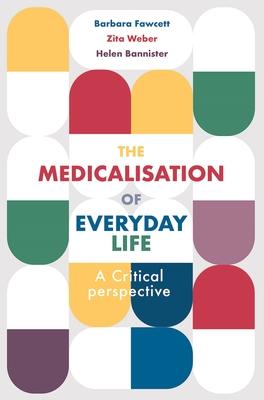This is timely new book examines the generally accepted understanding of the theory and practice of mental health. Drawing on historical and contemporary practices, it critically explores the concept of mental illness and how it is treated, the integration of health and social care, and providing a person-centred approach. As well as tackling more general aspects, such as how we categorise mental health and the contemporary practice around medication and treatment alternatives, it also focusses on specific areas currently labelled 'mental illness', including depression, anxiety, ADHD (attention deficit hyperactivity disorder), and PTSD (post-traumatic stress disorder). Final chapters address the evidence for the effectiveness of psychopharmacology and the place of placebos in research and treatment, the importance of cultural sensitivity in a globalised world and the possibilities for the future practice in mental health services. The importance of non-medical alternative therapies and the incorporation of consumer perspectives in mental health service practice are highlighted throughout as a means of strengthening the experience of mental health service delivery for mental health professionals and consumers.
Whether a student on a mental health nursing course, a social work student focussing on mental health, or a practitioner in the medical and allied health professions, this book is essential reading for anyone who wants a greater understanding of the theory and practice of mental health.
The Medicalisation of Everyday Life: A Critical Perspective
This is timely new book examines the generally accepted understanding of the theory and practice of mental health. Drawing on historical and contemporary practices, it critically explores the concept of mental illness and how it is treated, the integration of health and social care, and providing a person-centred approach. As well as tackling more general aspects, such as how we categorise mental health and the contemporary practice around medication and treatment alternatives, it also focusses on specific areas currently labelled 'mental illness', including depression, anxiety, ADHD (attention deficit hyperactivity disorder), and PTSD (post-traumatic stress disorder). Final chapters address the evidence for the effectiveness of psychopharmacology and the place of placebos in research and treatment, the importance of cultural sensitivity in a globalised world and the possibilities for the future practice in mental health services. The importance of non-medical alternative therapies and the incorporation of consumer perspectives in mental health service practice are highlighted throughout as a means of strengthening the experience of mental health service delivery for mental health professionals and consumers.
Whether a student on a mental health nursing course, a social work student focussing on mental health, or a practitioner in the medical and allied health professions, this book is essential reading for anyone who wants a greater understanding of the theory and practice of mental health.